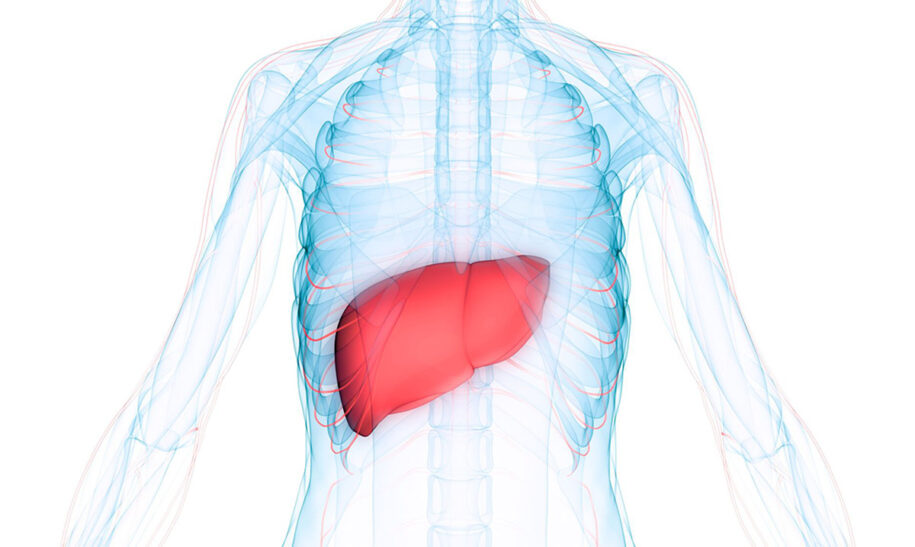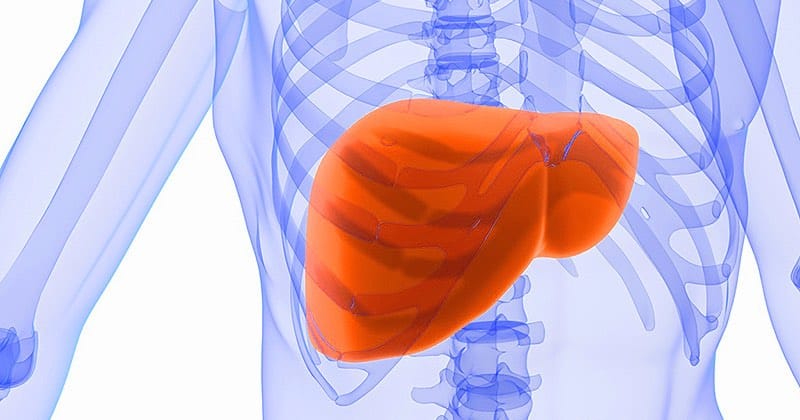
How to Make a Rotten Banana Fresh Again
Bananas are great for a ton of different things. They replenish your potassium levels and supply you with an abundance of vitamins and nutrients. However, they have one small issue
Bananas are an amazing supplement to add into your diet. They are loaded down with vitamins, nutrients, minerals, and antioxidants. They can replenish your health in a variety of different ways. However, bananas have one small issue. Have you ever bought a fresh family of bananas and it seems like it takes a matter of hours to go bad? If so, you’re not crazy or alone. Bananas can go bad really fast and it can be a bit frustrating and money consuming, but using this easy life hack you can turn rotten bananas back into fresh ones!
I know it sounds crazy, but the video below explains it all.










